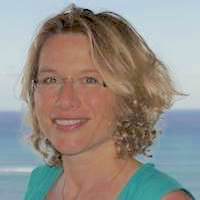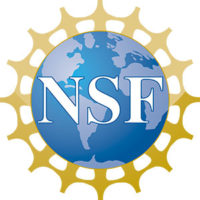Recap of the CCC’s Thermodynamic Computing Workshop
The Computing Community Consortium (CCC) recently hosted a visioning workshop on Thermodynamic Computing in Honolulu, Hawaii in order to establish a community of like-minded visionaries; craft a statement of research needs; and summarize the current state of understanding within this new area of computing.
The premise behind thermodynamic computing is that striving for thermodynamic efficiency is not only highly desirable in hardware components, but may also be used as an embedded capability in the creation of algorithms. Can dissipated heat be used to trigger adaptation/restructuring of (parts of) the functioning hardware, thus allowing hardware to evolve increasingly efficient computing strategies? Recent theoretical developments in non-equilibrium thermodynamics suggest that it drives the organization of open systems as a natural response to external input potentials; that is, that these systems adapt as they dissipate energy, enter low dissipation homeostatic states and as a result ‘learn’ to ‘predict’ future inputs. [1] [2]
As a result, thermodynamic computers could offer much greater efficiency of computation as well as provide new ways to perform algorithmic techniques within areas like machine learning and neuromorphic computing. This workshop brought together researchers from multiple disciplines, including computer science, electrical engineering, physics, chemistry and biology, with the goal of building the foundations of such radically different computing systems.

Todd Hylton

Tom Conte
In an audio interview with CCC Program Associate Khari Douglas (embedded below), two of the workshop organizers, Tom Conte (Georgia Tech) and Todd Hylton (UC San Diego) discuss their reasons for proposing the workshop and explain the potential impact thermodynamic computing could have on future technology.
To learn more about Thermodynamic Computing visit the workshop website and stay tuned for the workshop report. Additional interviews with workshop participants and co-organizers will be coming soon. Check out the CCC’s “Catalyzing Computing” podcast for more!
- N. Ganesh, “A Thermodynamic Treatment of Intelligent Systems,” 2017 IEEE International Conference on Rebooting Computing (ICRC), Washington, DC, 2017, pp. 1-4.
- Perunov, Nikolay, Robert A. Marsland, and Jeremy L. England. “Statistical physics of adaptation.” Physical Review X6.2 (2016): 021036.









